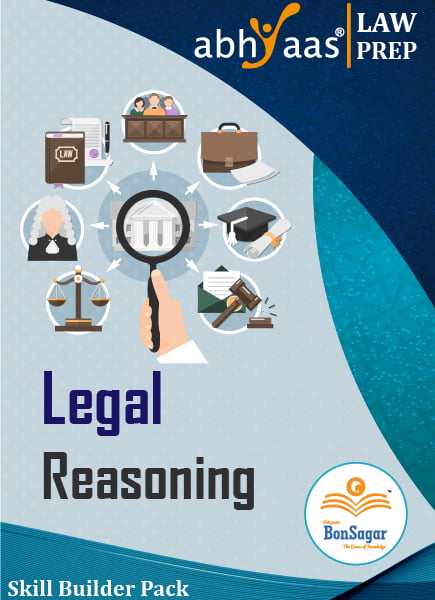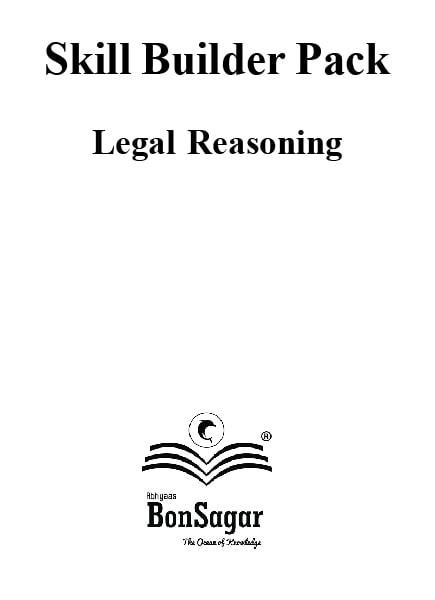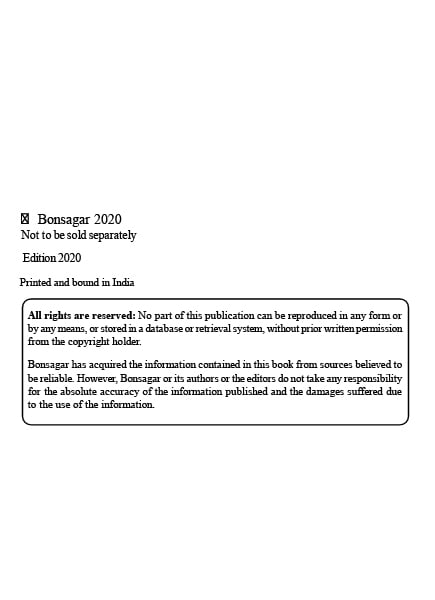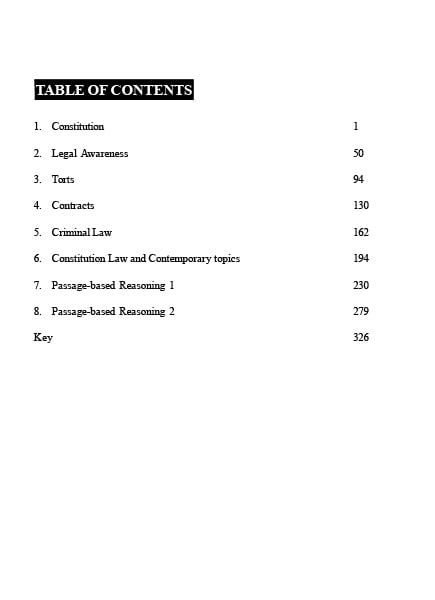The top 10 errors to avoid while drafting your SOP!
When applying for admission to a university for any level of study, you must submit an essay called a Statement of Purpose or Personal Statement. This comprehensive statement, which typically ranges from 500 to 1000 words, describes your academic and professional accomplishments, your goals, and the role the institution will play in assisting you in achieving them. It also serves as one of the foundational elements of a strong application.
What is covered by the SOP?
An excellent SOP addresses four key topics: who you are, what you have accomplished thus far, what you intend to do—your academic and professional goals—and how the institution can support you. In order to give the admissions officer a sense of who you are as a person and a student, each of these four elements must be woven together coherently and clearly. The SOP may make or break your chances of receiving an admission letter because of this.
How crucial is a SOP?
In essence, yes, that is really significant! The SOP is vitally essential to a successful application, primarily because it distinguishes you from other candidates with comparable academic credentials and career goals. The stronger your SOP, the more likely it is that your application will be accepted because you only have one chance to establish your value and gain admission. Excellent prospects for scholarships and teaching/research assistantships are also made available by a strong SOP.
Additionally, a strong SOP may make up for whatever academic weaknesses pupils may have while highlighting their future desires and objectives.
10 errors to omit from your SOP writing
Given what the SOP is and how it affects your applications, let’s examine the 10 most common errors students make while writing their SOPs and how to prevent them.
Finalizing the SOP as soon as possible
Students frequently underestimate the time and work required to construct the SOP and believe they can spend a few hours copying and pasting from online examples. You should begin formulating your SOP at least a month before you need to submit your applications. Write as many rough draughts as necessary, improving with each one. Whatever you do, keep in mind that the SOP is the result of extensive thought and planning and cannot be left to the very last minute.
Introduction and conclusion are inadequate
A lasting impression is created by the initial impression. Making an intriguing opening will captivate the reader and keep his attention because it is the first thing that anybody ever reads. Similar to this, begin your 1000-word essay with a strong sentence, such as a phrase that describes your academic background or one that expresses your attitude, thinking, or objectives, to make sure the admissions committee reads the entire thing.
Similar to how you start your essay, how you conclude your SOP is important since it is the very last thing a reader will remember about it. Include your aspirations for the institution and how you plan to contribute to the university as a last sentence. Your conclusion should demonstrate your familiarity with the school and the programme you’re applying for.
Taking Pride in Your Success
When writing a SOP, it’s crucial to strike the perfect balance between being modest and boastful. Your accomplishments are essential to making your SOP stand out, but you must discuss them naturally and in the right context. When applying for an MBA, it’s important to include your accomplishments, but try not to list every single one. You also don’t need to mention your extracurricular activities. Instead, emphasize your professional experience, initiatives, and volunteer activity that demonstrate your management and leadership abilities.
Using slang and casual language
Make use of formal language. Make careful to speak in a courteous, official, and polite manner. Remember that you have strong grammar and vocabulary. A group of distinguished academics will read your submission. Don’t use colloquialisms, slang, or casual language. Your phrases ought to be brief and understandable. Use just the terms and expressions you are accustomed to and comfortable with. Don’t try to adorn your writing with fancy language.
Focusing excessively on your poor GPA or backlog
It’s all about the conditions when discussing backlogs and poor GPAs. It is a personal query that differs from profile to profile. As a general guideline, have a positive attitude and emphasize the lessons you learned from the event. Therefore, only mention your unfinished work or poor GPA if you have exceptional circumstances, such as severe illness, a sincere lack of interest, etc. Instead of trying to defend or find an explanation for your subpar academic achievement, utilize it as a springboard for better things. It is essential to be positive since it reflects well on you.
Going over the word limit
If the word limit is not stated on the internet, it is usually a good idea to try to write to the admissions office and inquire about it. Typically, the institution will indicate the word restriction you must adhere to. Reach a minimum in between 500 and 1000 words. The admissions committee will not be engaged by a lengthy SOP that just highlights your accomplishments because they are reading through close to 10,000 applicants each season.
Including unrelated details
Your SOP is not a biography of you! An SOP’s primary objective is to provide just enough background information about you and your activities to enable admission. Unless they are clearly relevant to your intention to pursue a master’s degree abroad, do not wander from the topic and share facts about your personal life, such as family background, financial position, personal anecdotes, and so on.
Adding too many showy details to the SOP
This addresses the text and typeface of your SOP, two crucial elements.
Content: While it’s necessary to discuss your accomplishments, it’s even more crucial to avoid bragging. While describing your experience and educational background, you must also demonstrate your learning. This will demonstrate your curiosity, commitment to learning, and humility.
Font: It is strictly forbidden to use bold, italics, underlines, highlights, vivid colors, and fancy fonts. Use just black and plain fonts and formatting. Do not use any additional colors. Your SOP should have a tidy, uncluttered appearance.
Overly flattering
Do not squander your words by complimenting the university or the academics who are assessing your applications because they are aware of the caliber of instruction and facilities they provide. Your SOP does not serve as a spokesperson for the institution; rather, it is all about you, your accomplishments, and your goals.
However, make sure to highlight the details of your expectations from the university, such as the current research topics you are interested in or the eminent professors you would like to collaborate with. This demonstrates your ability to reason, be realistic, and do your homework before making a conclusion. It will also be helpful when you are questioned why you selected this particular university out of all the applicants for a VISA.
Being untruthful
An excellent SOP will always be admired for its honesty and genuineness. Write the truth in your essay; refrain from inventing or embellishing facts. Never forget that there is always a possibility that the admissions committee may get in touch with your referee and request confirmation! Always be real and honest; being open-minded and sincere are traits that will never go out of style.
Not editing the text for accuracy
It’s crucial to proofread your SOP before submitting it. For accuracy in spelling, punctuation, and consistency, you must read it several times. Additionally, proofreading aids in getting rid of ineffective, boring sentences from your writing. Utilize the free writing tools accessible online to weed out mistakes, and then read the paper out loud to ensure you catch all of them. Before submitting it, have a trusted friend or relative review it.





 Book your Admission for CLAT 2018 Crash Course
Book your Admission for CLAT 2018 Crash Course